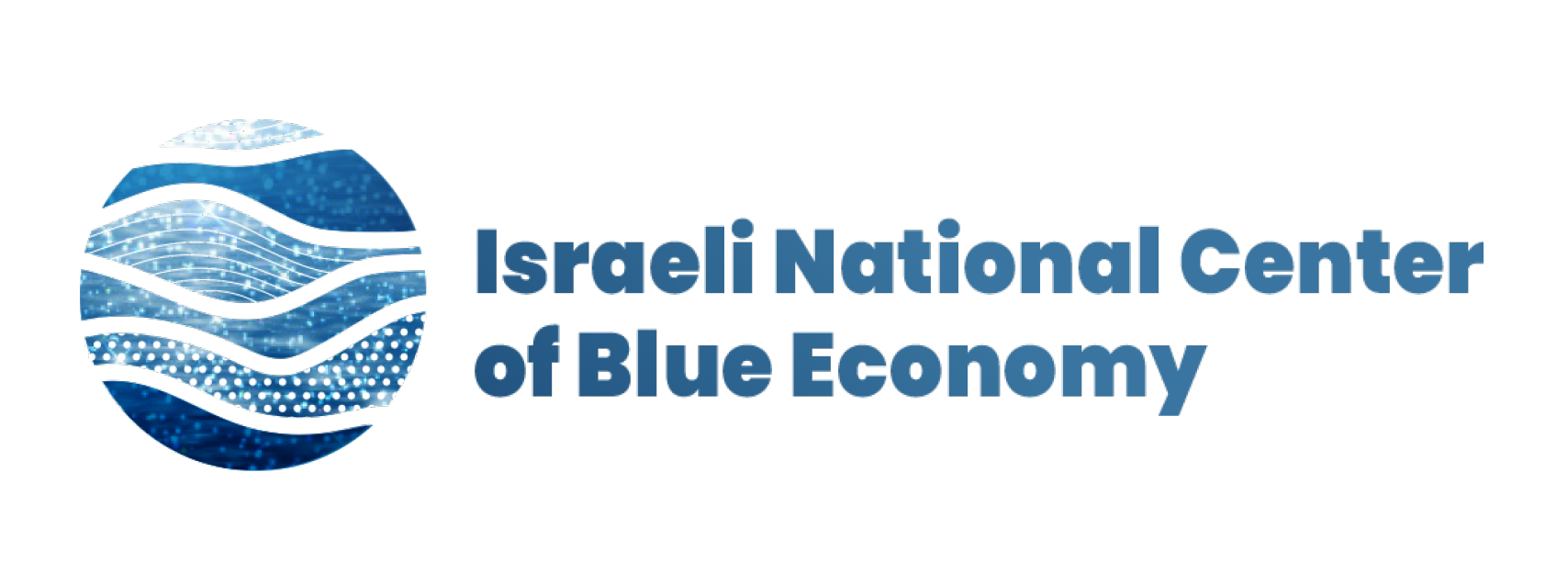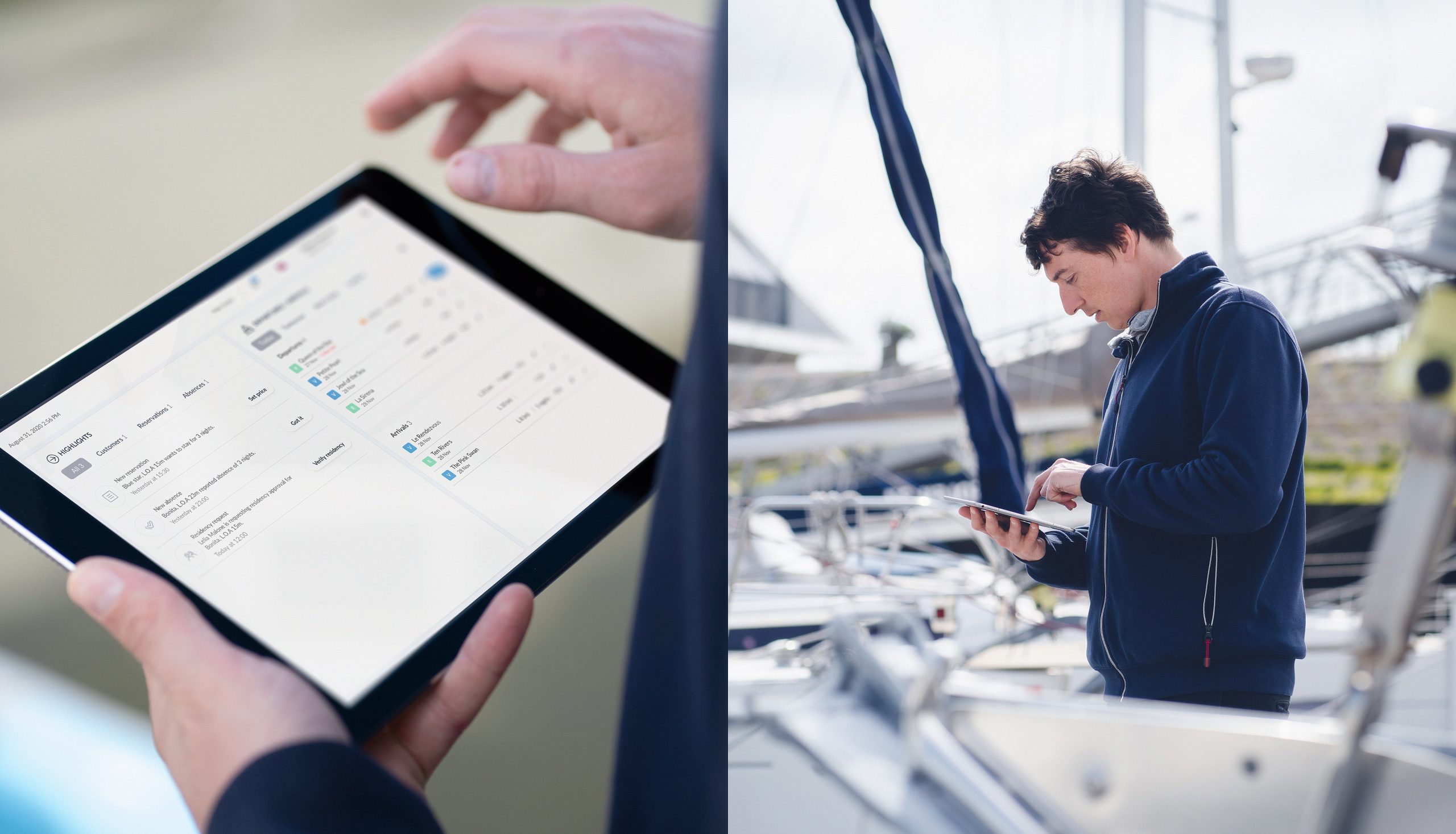Ports & Coastal Infrastructures
Balancing Economic Growth and Environmental Health
Vital hubs in the global economy, ports are undergoing a transformative revolution driven by technological advancements aimed at enhancing efficiency, reducing costs, and mitigating environmental impact. Handling billions of tons of cargo annually, seaports serve as critical nodes in the global logistics network, seamlessly connecting various modes of transportation. Key trends such as specialization, expansion, and sustainability are reshaping port operations worldwide.
Current Trends in Ports & Coastal Infrastructure
Innovation Driving Change
Over the past decade, seaports have embraced technological innovations to revolutionize operations. Automation systems and advanced robotics streamline cargo handling processes, significantly boosting efficiency and reducing turnaround times. Autonomous vessels represent the next frontier, promising to redefine maritime transportation by reducing labor costs and enhancing safety. Moreover, digitization, remote sensing, and artificial intelligence optimize cargo monitoring and logistics decisions, ensuring seamless operations amidst burgeoning global trade volumes.
Innovative Initiatives in Israel: Israel’s ports sector exemplifies innovation and proactive technological adoption within the global shipping community. With diverse ownership structures and a commitment to technological advancement, Israel’s ports aim to propel economic growth while minimizing environmental impact. Utilizing advanced technologies such as automation and digitization, these ports streamline operations and enhance efficiency. Furthermore, collaboration between port authorities, municipal governments, and communities is essential in crafting policy that allows ports to thrive while preserving vibrant, livable cities along the coast.
Challenges Facing the Industry
Environmental and Economic Hurdles
Despite economic gains, port activities wield significant environmental impacts. To address this, ports worldwide are increasingly prioritizing sustainability and environmental action. Efforts include the adoption of renewable energy sources to power port operations, implementation of recycling initiatives to minimize waste, and stringent emission control measures to reduce air pollution. These endeavors underscore a commitment to balancing economic prosperity with ecological responsibility, paving the way for greener and more sustainable port operations.
Paving the Way Forward
As ports and coastal infrastructure navigate the complexities of global trade and environmental sustainability, innovation emerges as the driving force behind transformative change. From technological advancements revolutionizing port operations to sustainable management strategies safeguarding coastal ecosystems, innovation permeates every aspect of the ports and maritime industry.
Israel’s innovative approach to aquaculture serves as a shining example of what can be achieved through dedication, ingenuity, and collaboration. As the world continues to grapple with pressing environmental and food security concerns, aquaculture will play an increasingly important role in shaping a more sustainable future for all.
Embracing innovation is not merely a choice but a necessity in shaping a resilient and prosperous future for ports and coastal regions worldwide. Through collaborative efforts and a commitment to innovation, ports can continue to serve as engines of economic growth while minimizing their environmental footprint and ensuring the sustainability of coastal ecosystems.





